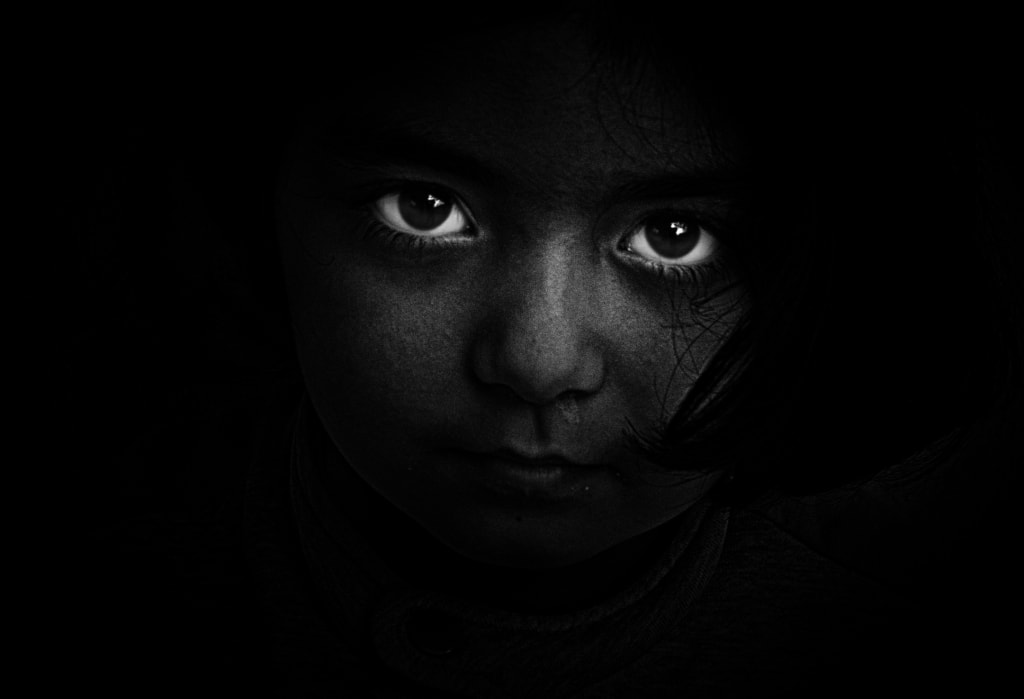Speak No Evil; The Flaws of Society in Literature
From race to religion, politics to war, literature has been a steady scream in the ears of readers everywhere

Literature has shaped our society in more ways than one. Not only is it a reflection of our history and future, it is a commentary, albeit a dramatic one, of how flawed the human world can be, a wake-up call that demands people to rethink the world they live in.
The Prince by Niccoló Machiavelli is believed by many to be a political satire on the inner workings of authority in the workplace and by extension the world. Machiavelli’s treatise ultimately epitomises into one expression; the ends always justify the means. He captures the deception and deceit of leaders in all aspects of society across the world, a set of rules that are still followed to this day. He speaks of masking true intentions and committing acts against humanity in the name of the state; sounds a lot like the political and religious leaders in our world today.
Speaking of ‘political-dominion-over-society’ literature, Brave New World by Aldous Huxley speaks volumes, on an almost Orwellian tangent, of how society manipulates the individual and strips them of their humanity. Following the principles of Fordism, Huxley’s novel comments on the mechanical nature of society in creating social classes that ultimately make the poor serve the rich. The use of soma as a means of suppressing free-thought, the hypnopaedic education that engraves messages of subconscious self-confidence and the abundance of material possessions are very extreme examples of potential ways that capitalist society could treat its citizens; the World State and Oceania are both similar in exemplifying a world where politics govern over the individual in both body and mind.
History will tell you that people have always tried to control the content of literature in order to favour certain societal ideals and Howl and Other Poems is one such example. Ginsberg was one the most iconic poets of the Beat Generation and his work was a reflection and internalisation of the depths and darkness of society during post-WWII America. His 3,000-word magnum opus spoke of drug abuse, the alienation of his generation and homosexuality; all of which were taboo subjects within the economic boom of the 50’s. The public rebelled against his publication and the obscenity trials exposed how ignorant society could be to the reality of people. Ginsberg’s immortalised introduction to Howl, ‘I saw the best minds of my generation destroyed by madness, starving, hysterical naked’, captures the brutality of society as an oppressive force against the individual.
Alice Walker’s The Colour Purple was another such piece of vital literature that was opposed by the public and shunned for the ways in which it portrayed society in the eyes of young African-American women. Walker used the voices of her characters to project her own experiences of growing up in the South, a sort of subtle tale of the trials and tribulations she faced from the society in which she was raised. She tackles the subject of sexism, racial indifference and the right of education, all aspects of her own life for which she faced great oppression. Her narrative through characters like Celie was less of a reflection of society and more of a window into the effect that society had on coloured women throughout the country. Her commitment to feminism and racial equality echoes loud and clear through her work, allowing her readers a more intimate glimpse of society.
One legendary novel that adds to this vast library of literature against society is undoubted To Kill a Mockingbird. Lee wrote of the evil that society clung to on the diminutive scale of a small town in Alabama. Her nerve-wrecking detail of the trail of Tom Robinson reiterated an age-old twisted philosophy that many coloured individuals faced at the hands of their white oppressors. Atticus’s famed remark, ‘Don't fool yourselves - it's all adding up and one of these days we're going to pay the bill for it’, captures over four hundred years of racial oppression in one line as well as an understanding that the current thought within society cannot and should not exist. The late Pulitzer Prize winner spoke of the importance of literature in educating the masses; she even compared a Virginia school board to Orwellian dictators after they banned her novel due to their unanimous belief that it was ‘immoral’.
The mirror-like quality of literature is vital to understanding how much society has changed and is changing, capturing our evolution and pursuit of a better world whilst reminding us of our past in an attempt to not repeat certain histories.
About the Creator
Varinder Singh
Artsy/Cultural Discourse & Poetry
Enjoyed the story? Support the Creator.
Subscribe for free to receive all their stories in your feed. You could also pledge your support or give them a one-off tip, letting them know you appreciate their work.






Comments
There are no comments for this story
Be the first to respond and start the conversation.